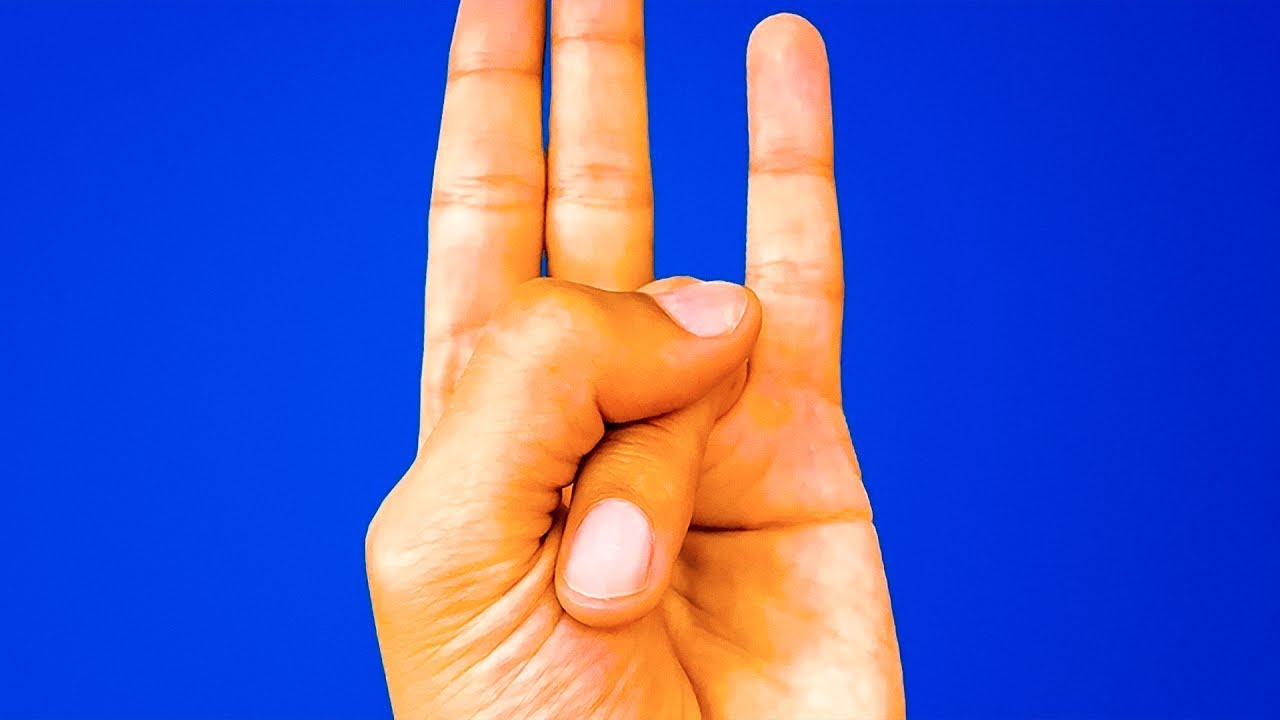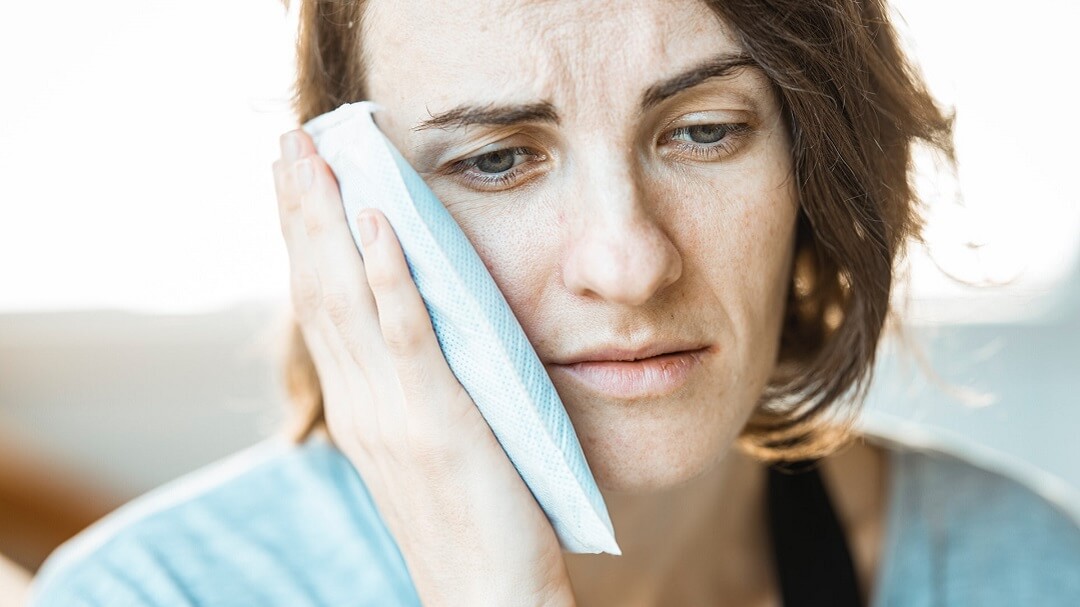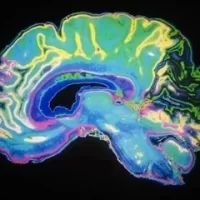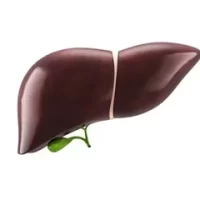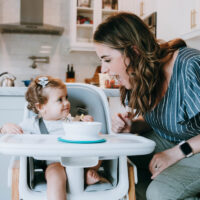I just put my baby back to sleep after she violently puked at 1:36 in the morning. What if she doesn’t have a fever, cough, or shortness of breath? I believe it to be food poisoning rather than COVID-19, but I can’t be certain. It’s difficult to be uncertain. I’ll phone the pediatrician first thing in the morning, but for now, my mind is racing with “what if” scenarios.
The majority of individuals detest this common form of uncertainty. It interests me greatly.
I’m interested in how people’s thoughts change when they are concerned because I’m a psychologist. That means I look at what occurs when people struggle with uncertainty and are sucked into the bottomless pool of unanswered questions.
Psychology studies can provide advice if you’re having problems dealing with the uncertainties of a pandemic. How to survive a pandemic is not outlined in a manual. It can be challenging to deal with this because it’s instinctive to create stories to guide your response. The movie theater script warns you not to worry and believe the theater has lost power or is being attacked when it grows dark in the cinema since you know the movie is about to start.
We are literally in the dark right now, and a lot of people feel like they are drowning in their unanswered concerns and the anxiety they cause.
When will a vaccination go on sale? When do schools often reopen (or shut down)? How will the election turn out? Should I allow my kid to play sports? How safe is my job? The list of unanswered questions can feel infinite, with no quick or sure answers likely to come for some time. Sitting with these questions is scary, because not knowing can make you feel that the world is unpredictable and your fate is out of your control.
So, what do you do with the anxiety this uncertainty naturally evokes?
If you get stuck replaying the unanswered questions over and over and let anxiety guide your thinking, you’re likely to fill in the gaps with worst-case scenarios. A tendency to catastrophize and assign negative and threatening interpretations when situations are uncertain or ambiguous is a hallmark of anxiety disorders. In fact, “intolerance of uncertainty,” the tendency to fear the unknown and find the lack of certainty highly distressing and uncomfortable, is a strong predictor of anxiety in both adults and children and adolescents.

